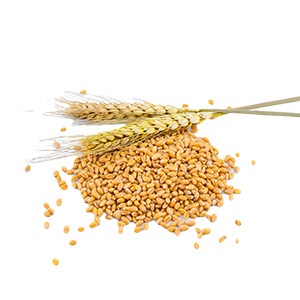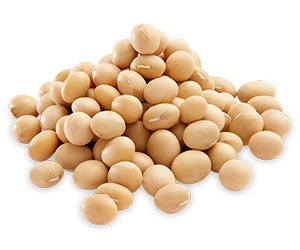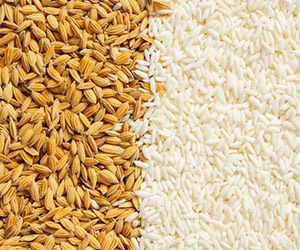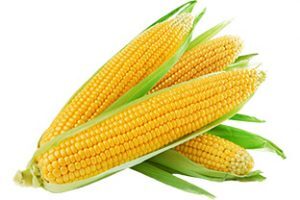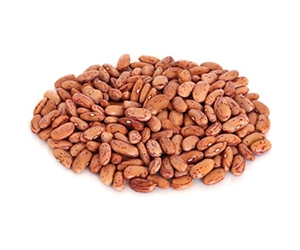Maize continues to register itself as the world’s most coveted grain. The OECD/FAO Agriculture Outlook projected an increase in production of global maize to 1.2 billion metric tonnes by 2027, representing a 121 million-tonne jump in a 10-year projected period. The projections include a 16% increase in demand for maize consumed, with Sub-Sahara Africa continuing to register an increase in demand for maize for both human and livestock consumption. These projections of aggregate demand are most likely going to attract commodity price increases, especially given the impact of climate change and, most recently, COVID-19 on agriculture production.
This month, we focus on another record braking variety: a two tonnes per hectare yield over the registered yield potential of the variety, and four tonnes per hectare over and above the crop nutrition programme applied. That is the result of one of our farmers, Triple S Ranch, who chose to plant Seed Co’s SC 647 during the 2019/2020 season. We are talking over 50 hectares of an early to medium maturity maize hybrid averaging 11.4 tonnes per hectare of excellent quality grain in a soil environment with a pH around five and total rainfall figures of 1,550 mm. The results show the variety’s nutrient use efficiency in an acidic environment and excellent cob rot tolerance, and another critical factor, good management practices in establishing the crop and seeing it through to harvest.
The farmer’s crop management programme
Crop Establishment: The crop was established in the first week of December with a seeded population of 62,000 per hectare, targeting a per hectare plant stand of 58,000 to 60,000. This was done with starter compound fertiliser (WVC) and followed by a good herbicide spray to keep the weed competition at its minimum. The crop’s emergence was excellent, thanks to the farmer’s good agronomic practice and the expected performance of the certified SC 647.
Crop Nutrition: The crop was put on a nutrition programme that targeted eight tonnes per hectare yield. The excess yield of close to four tonnes per hectare can therefore be attributed to the variety’s efficiency to utilise available nutrients, its ability to tolerate the acidity in its soil environment and the farmer’s good fertiliser split programme which was done during planting and at three-leaf and six-leaf stages.
Crop Protection: Good weed management early in the season coupled with two insecticide sprays targeted mainly at FAW and Bollworm, plus one fungicide was enough to keep insect pests at their minimum. An amazing thing was how clean the grain was, with only one fungicide applied, in a 1,550 mm rainfall season.
That is a combination of good crop rotation and good variety choice. At Seed Co, we say #BumperHarvests #StartWithTheRightSeed.
Tolerance to soil acidity
Tandzi et al. (2018), in their publication titled “Breeding maize for tolerance to acidic soils” highlight that acid soils cause as high as 69% maize yield loss. Soil acidity however continues to be one of crop production’s increasing challenges. This is due to circumstances ranging from micro-environments (annual rainfall), crop management practices that relate especially to monocropping maize or nitrogen loving cereals, and industrial effluents that increase acidity in irrigation water. Its effects in causing aluminium, manganese and iron toxicity, and the locking of phosphorus has been highlighted as the cause of between 2.8% and 71% yield losses in maize.
In their publication, Tandzi et al. highlight that genetic variability for tolerance to low soil pH exists among maize genotypes, which can be exploited in developing high-yielding acid-tolerant maize genotypes. At Seed Co, we have observed and received good feedback from our customers on how excellent the SC 647 is in tolerating harsh acidic soil environments from regions of high acid (Agro-ecological region three of Zambia and all the way into the rainforest farming areas of the Democratic Republic of Congo).
As you plan for your next crop of maize, our advice is: Bumper harvests start with the right seed: your seed choice must determine what other support inputs you are investing into your crop.
You cannot afford to gamble with variety choice!
Consult your Seed Co agronomist to give you the variety that specifically suits your needs and environment. If you are looking for a variety that will give you 50% above your budgeted yields, the SC 647 has proved itself this year, and it could do that for you.
In the next article, we will continue to share details of the impact limiting factors, including soil pH, has on the yields of maize. For more information contact Adrian.chibanga@seedcogroup.com
 Zambia
Zambia Seed Co Group
Seed Co Group Botswana
Botswana Kenya
Kenya Malawi
Malawi Nigeria
Nigeria Tanzania
Tanzania Zimbabwe
Zimbabwe West & Central Africa
West & Central Africa South Africa
South Africa
